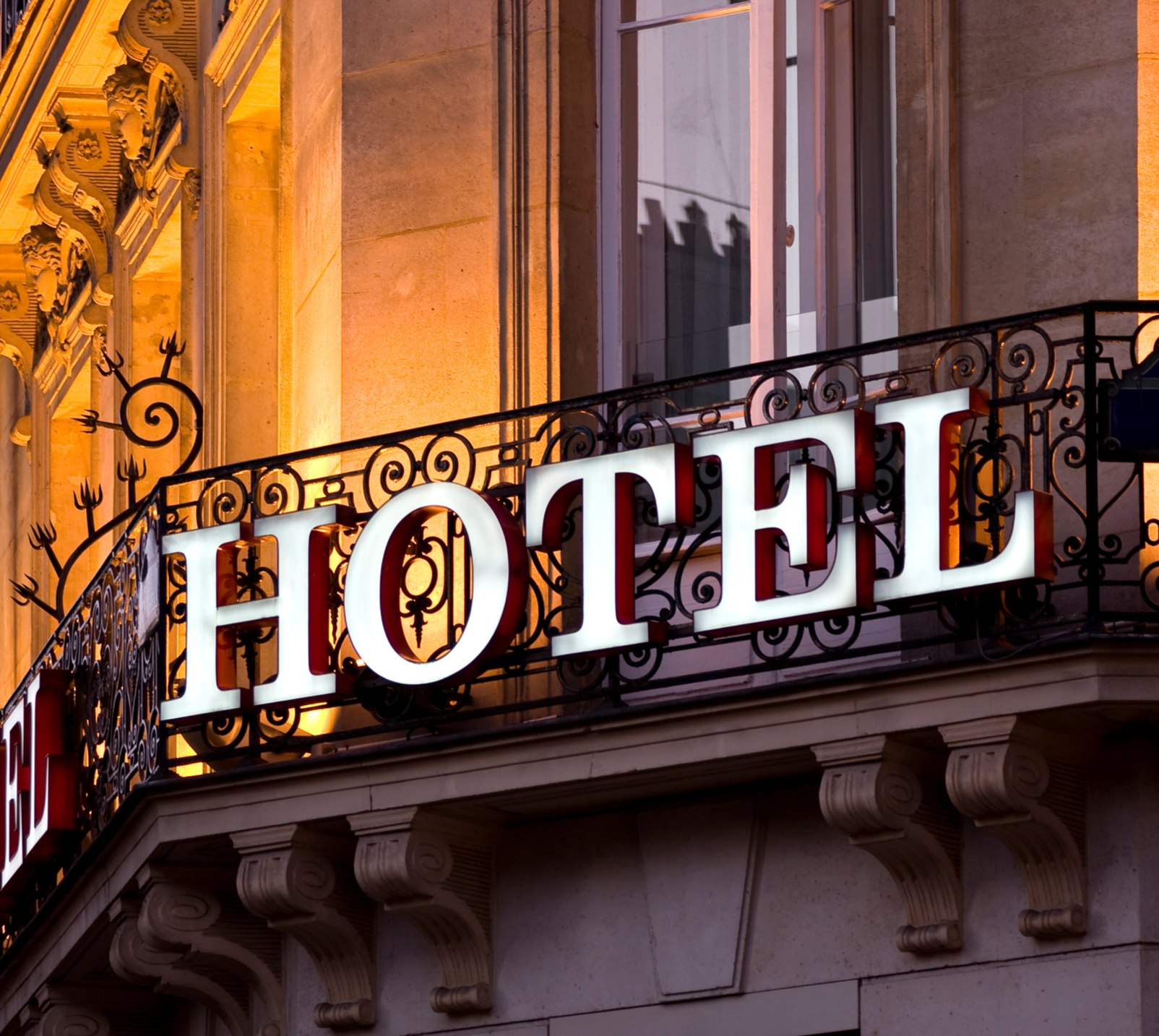Chargebacks can be a real headache for hotels, and unfortunately, they are becoming increasingly common. A chargeback is when a guest disputes a charge on their credit card statement, and the hotel is forced to refund the transaction. This can happen for a number of reasons, such as fraud, incorrect billing, or a guest changing their mind about a purchase.

Regardless of the reason, chargebacks can be costly and time-consuming for hotels. Not only do they lose revenue from the original transaction, but they also have to pay fees to the credit card company and spend time and resources disputing the chargeback.
In this article, we'll explore some tips and strategies for reducing chargebacks in your hotel.
1. Use a secure payment gateway
One of the most common reasons for chargebacks is fraud. Fraudsters can use stolen credit card information to make purchases, and the cardholder may not even realize until they see the charge on their statement.
To prevent fraud, it's important to use a secure payment gateway that meets industry standards for data security. Look for a payment gateway that uses encryption and tokenization to protect sensitive customer information. Also, consider using fraud prevention tools like AVS (address verification service) and CVV (card verification value) to ensure that the person making the purchase is the rightful owner of the card.
2. Be transparent about pricing
Another common reason for chargebacks is incorrect billing. This can happen when a guest is charged more than they expected, or when there are additional fees or taxes that were not disclosed upfront.

To avoid this, it's important to be transparent about pricing from the beginning. Provide clear information about room rates, taxes, and any additional fees, and make sure this information is easily accessible on your website and booking channels. Also, consider sending a confirmation email or receipt that outlines the charges and provides a breakdown of the costs.
3. Have a clear cancellation policy
Another reason for chargebacks is when guests change their minds about a purchase, such as a hotel reservation, and dispute the charge. To prevent this, it's important to have a clear cancellation policy that is communicated upfront.
Make sure your cancellation policy is clearly stated on your website and booking channels, and consider requiring guests to acknowledge the policy before they complete their reservation. Also, consider sending a reminder email or notification a few days before the cancellation deadline to give guests ample time to make changes if necessary.
4. Address guest complaints promptly
Sometimes, guests may dispute a charge because they are unhappy with their experience at your hotel. Maybe the room was not clean, the amenities were not as advertised, or their neighbors in the room next door are behaving poorly. Unwanted smoking and noise complaints are some of the most common reasons guests will be dissatisfied with their stay and request a chargeback. By installing smoke and noise detection technology in your hotel rooms such as WYND Sentry, you can mitigate these problems before they lead to costly damages.
Technology such as WYND Sentry also allows for powerful reporting to provide evidence when trying to charge customers for any damages in the event they did break your "no-smoking" or "no-partying" rules. See here for a potential savings calculation that Sentry can offer your hotel.
Also, train your staff to listen to guest complaints and take appropriate action to resolve the issue. This may involve offering a refund or discount, or simply apologizing and taking steps to prevent the issue from happening again in the future.
5. Keep accurate records
In the event of a chargeback, it's important to have accurate records of the transaction. This includes the guest's name, credit card information, and a detailed description of the purchase.
Make sure you keep accurate records of all transactions, including receipts, invoices, and other documentation. This will help you dispute chargebacks and provide evidence to support your case.
6. Respond promptly to chargebacks
In the event that a chargeback does occur, it is essential to respond promptly and provide all necessary documentation to dispute the chargeback. Delayed responses or incomplete documentation can result in losing the dispute and losing revenue.

Make sure to follow the chargeback process and provide all relevant information, such as receipts, invoices, and guest correspondence. If necessary, seek the help of a chargeback specialist to increase your chances of successfully disputing the chargeback.
In conclusion, chargebacks can be a significant problem for hotels, but there are effective strategies for reducing them. By monitoring transactions, improving customer service, reducing the possibility of guest complaints, providing accurate evidence, setting clear cancellation policies, using secure payment processing, and keeping detailed records, you can protect your revenue and create a positive guest experience. By also detecting unwanted smoking and loud noise in hotel rooms, you can further reduce chargebacks and ensure that your guests have a peaceful and enjoyable stay. To learn more about how WYND Sentry can help increase your hotel's profitability, reach out to the sales team here.

